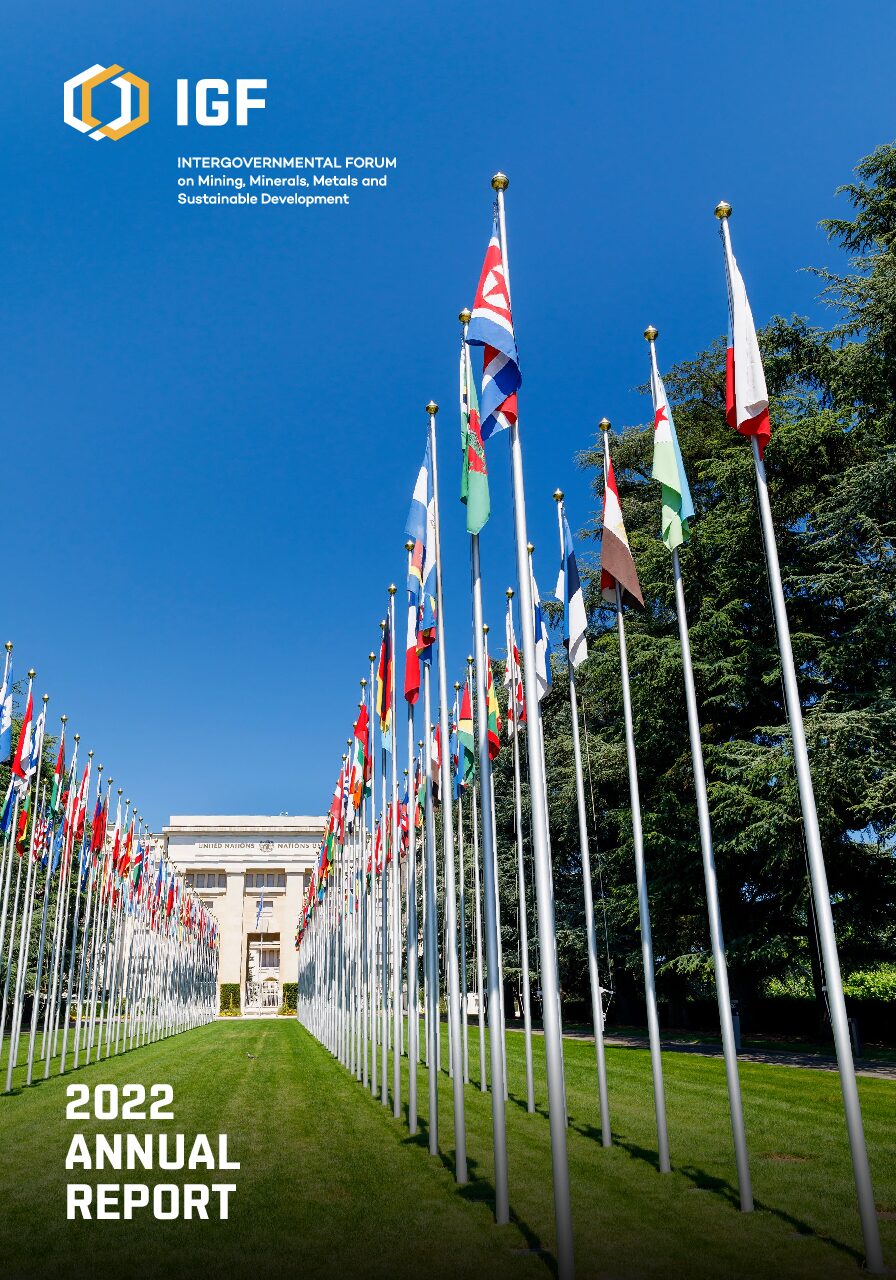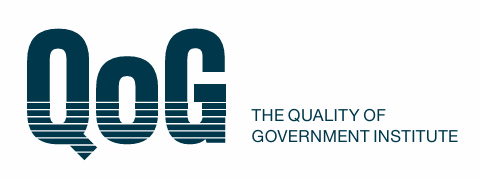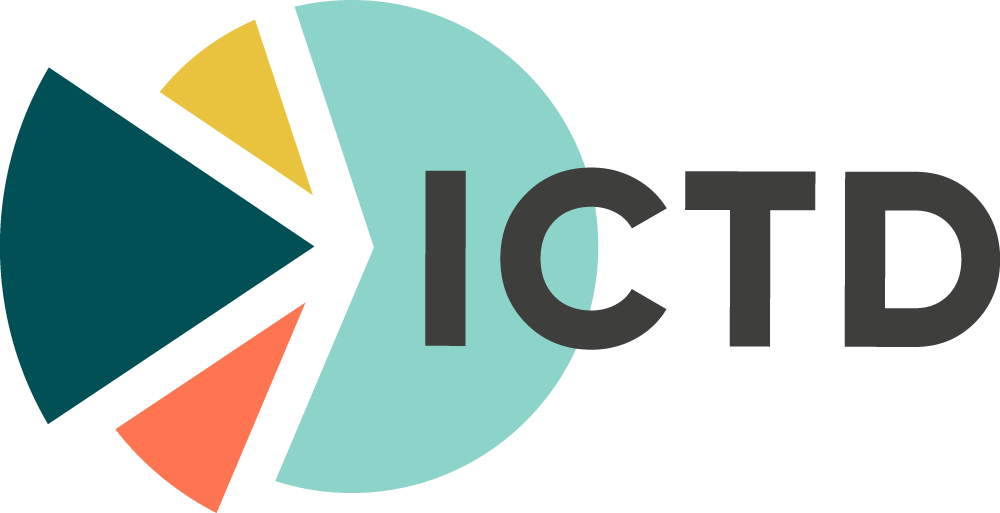The 2022 IGF Annual Report underscores the substantial role of the mining sector in providing essential minerals for the energy transition. This role, however, is not without its governance challenges and opportunities. To address these, the report heralds the commencement of a multilateral process to update the IGF’s Mining Policy Framework (MPF). The MPF, which serves as the fundamental document of the forum, encompasses six crucial domains of mining policy.
Sections
Meeting the Critical Minerals Challenge Will Require Good Mining Governance:
Underscores the crucial role of effective mining governance in meeting the demand for critical minerals required for the energy transition. It stresses the significance of international cooperation and resilient supply chains in promoting low-carbon energy sources and sustainable development.
Key Points:
- Highlights the importance of critical minerals in the global energy transition and the role of IISD members representing resource-rich countries in supplying these essential minerals.
- The 2022 IGF Annual General Meeting, hosted by UNCTAD, focused on emerging opportunities and challenges in mining. Topics include supply chain and community resilience, decarbonization, women’s inclusion in mining, re-mining for critical minerals, and the future of resource taxation.
- Discusses initiating a multistakeholder process to update the Mining Policy Framework (MPF), initially published in 2010. The updated MPF, set for ratification in November 2023, aims to serve its members in the evolving global mining landscape.
- Effective mining governance is crucial in addressing challenges from increased mineral demand. International cooperation and robust governance practices are necessary to construct resilient critical mineral supply chains, support low-carbon energy sources, and sustain development.
- Emphasizes the organization’s consultations with member governments during a workshop, gathering feedback for the upcoming update to the IISD’s cornerstone MPF. This reflects the organization’s commitment to incorporating diverse perspectives in its initiatives.
2022 Snapshot and 2022 Achievements:
The 2022 IGF Annual Report Snapshot summarises the year’s significant events, activities, and accomplishments. It encapsulates the organization’s involvement, initiatives, and impacts in advocating sustainable development goals. These include milestones such as hosting the Annual General Meeting in Geneva and establishing multi-year commitments with ASEAN and other regional stakeholders.
Key Points:
- Outlines IISD’s pandemic response, which includes a COVID-19 tracker for the mining sector and a focus on gendered impacts in artisanal and small-scale mining.
- Covers the long-term commitments with ASEAN and regional stakeholders for sustainable regional development. The plan focuses on enhancing the ASEAN nations’ ability to enforce sustainable policies and practices.
- Discusses the exploration of critical minerals in the Americas, including key governance issues addressed in the Mining and Sustainability Forum of the Americas.
- Underlines IISD’s work on gender and mining, including a mining sector gender toolkit and participation in the Gender and Extractives Program.
- Highlights IISD’s collaboration with governments and stakeholders to tackle the critical minerals issue for low-carbon energy systems. It signifies the start of updating the Mining Policy Framework to meet changing needs and IISD’s dedication to promoting sustainable mining.
Our Members:
Key Points:
- IISD boasts a membership of over 80 countries, mostly resource-rich, reflecting its global scope and dedication to sustainable mining worldwide.
- Emphasises IISD’s tailored support for member countries, including in-country assessments, capacity building, technical training, publications, and events, reflecting its commitment to their evolving needs.
- Examines the IISD’s Mining Policy Framework (MPF), ratified a decade ago, and its upcoming update. The MPF advises member nations on mining sector legislation and regulation. The update aims to meet members’ changing needs and promote sustainable mining.
- Stresses IISD’s dedication to fostering gender equality and inclusion in mining, supporting member countries in developing such practices.
Engaging Our Members:
Key Points:
- The Annual General Meeting (AGM) attracted 388 delegates from 85 countries, representing diverse fields and organizations. The meeting was hosted by UNCTAD and centred on “Critical Minerals and the Energy Transition,” promoting in-depth discussions about critical minerals, mining governance, and sustainable development.
- Covers a government-only workshop before the Annual General Meeting (AGM). In this workshop, member countries had the opportunity to provide feedback on the forthcoming update to the International Institute for Sustainable Development’s (IISD) Mining Policy Framework (MPF). The insights gained during the workshop helped refine the MPF to suit their needs amidst the evolving global mining landscape.
- IISD and OECD organized three workshops for officials from over 70 countries. These workshops occurred in major mining regions such as Africa, Asia-Pacific, and Latin America. This initiative underscores IISD’s dedication to promoting sustainable mining practices through technical training.
- Underscores the comprehensive MPF assessment for Mexico’s substantial mining sector, which includes policy recommendations for good governance. It showcases IISD’s dedication to helping member countries achieve sustainable development goals.
- Includes case studies from Canada, Germany, Senegal, Tanzania, and Turkey. These studies demonstrate how governments can tackle mining governance and environmental issues, reinforcing IISD’s dedication to promoting best practices and peer learning.
In-Country Impacts:
Showcases case studies and analyses of IISD’s initiatives at national and local levels. It highlights these initiatives’ tangible impacts and outcomes in specific countries or regions. This section may feature success stories, addressed challenges, and lessons learned from interventions on the ground.
Key Points:
- IISD focuses on sustainable artisanal and small-scale mining (ASM) practices, often informal and unregulated. Through in-country assessments, IISD identifies formalization opportunities for ASM, reflecting its commitment to sustainable mining that supports livelihoods and protects the environment.
- Discusses IISD’s policy advice to members based on in-country assessments. These suggestions promote good mining governance, sustainable practices, and local financial benefits, reflecting IISD’s dedication to helping members achieve their sustainable development goals.
New Resources for Policymakers:
Presents new resources, tools, and knowledge products created by IISD. They are designed to help policymakers promote sustainable development agendas. These resources are intended to support evidence-based decision-making and policy formulation.
Key Points:
- Addresses the upcoming update to the Mining Policy Framework (MPF) introduced in 2010. The refresh aims to equip policy-makers with modernized guidelines for creating effective mining sector laws, policies, and regulations.
- Contains case studies from Canada, Germany, Senegal, Tanzania, and Turkey. Offers insights and best practices for addressing mining sector governance challenges and environmental issues. Their publication highlights IISD’s dedication to promoting peer learning and sharing effective practices among policy-makers.
- IISD focuses on incorporating gender elements into mining impact assessments. It has released a worldwide review of resources to aid policy-makers in tackling gender disparities and fostering equality in the mining sector.
- Discusses a report on artisanal and small-scale gold mining (ASGM) in conflict-ridden border areas. It evaluates sector governance, investigates illicit financial flows, and suggests policies for Burkina Faso, Mali, and Niger. It offers essential insights for addressing ASGM governance issues and reducing conflict and illicit financial impacts.
Who We Are:
Key Points:
- Since October 2015, the IISD, as the host of the IGF Secretariat, has been committed to assisting members in addressing governance issues in the mining sector. They aim to promote inclusivity and gender equity, optimize financial benefits, support livelihoods, and protect the environment. This commitment illustrates the IISD’s dedication to fostering cooperation and knowledge sharing among members, the industry, and civil society.
- Summarises IISD’s diverse funding sources, such as the Province of Manitoba, international governments, UN agencies, foundations, the private sector, and individuals. It highlights the organization’s global impact and the varied support for its mission and activities.
2022 Annual Report: Activities Annex:
It is a detailed supplement for the 2022 IGF Annual Report, offering extensive details about the activities, projects, events, and initiatives IISD undertakes throughout the year. Provides insights into the organization’s operations, partnerships, and program interventions.
Key Points:
- Details of IGF’s training activities. For instance, international taxation and extractives sector workshops in collaboration with OECD and regional partners. It also highlights IGF’s local evaluations and technical training aiming to assist member countries in establishing efficient mining sector laws, policies, and regulations.
- Emphasizes IGF’s research activities. It includes case studies on various policy areas and jurisdictions, reports on gender integration in mining assessments, and illicit financial flows in small-scale gold mining. It also discusses the collaborative project “Women and the Mine of the Future”, presenting data on gendered employment in large-scale mining across diverse nations.
- Covers IGF’s activities, such as releasing policy resources, updates to MPF and a global review of gender integration tools in mining impact assessments. It also contains an account of the events and webinars to foster peer learning and industry engagement.
2022 IGF Annual Report




